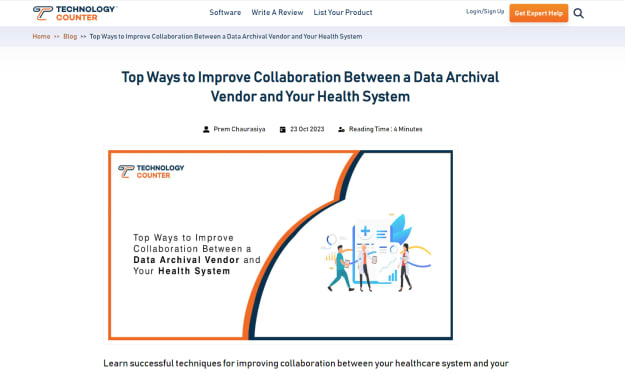
Introduction
A. Definition of a laptop: A laptop is a portable computer that is designed for use on a desk or in your lap. It typically has a thin LCD or LED computer screen mounted on the inside of the upper lid.
B. History of laptops: The first portable computer, the IBM 5100, was introduced in 1975. The first true laptop, the Grid Compass, was introduced in 1982. Laptops have evolved over the years to become thinner, lighter, and more powerful.
II. Types of laptops
A. Ultrabooks: Ultrabooks are lightweight, thin laptops designed for portability. They typically have long battery life and are ideal for business or travel use.
B. Gaming laptops: Gaming laptops are designed for high-performance gaming and typically have powerful processors, dedicated graphics cards, and high-resolution displays.
C. Workstations: Workstations are powerful laptops designed for professional use such as video editing or 3D modeling. They typically have high-end processors, large amounts of RAM, and dedicated graphics cards.
D. 2-in-1 laptops: 2-in-1 laptops can be converted from a traditional laptop form factor to a tablet. They typically feature touchscreen displays and come with a stylus for input.
E. Chromebooks: Chromebooks are laptops that run on the Chrome OS and are designed for web-based tasks such as browsing and email. They are typically less expensive than other types of laptops.
III. Key components of a laptop
A. Processor (CPU): The processor, or central processing unit (CPU), is the brain of the laptop and is responsible for executing instructions.
B. Memory (RAM): RAM, or random access memory, is the memory used by the laptop to temporarily store data for running programs.
C. Storage (HDD or SSD): Storage is where the laptop stores the operating system, software, and data files. Laptops can have either a traditional hard disk drive (HDD) or a solid-state drive (SSD).
D. Graphics card: The graphics card is responsible for rendering images on the laptop's display.
E. Display: The display is the screen on which images and text are displayed.
F. Battery: The battery is responsible for providing power to the laptop when it is not plugged into an outlet.
IV. Features to consider when buying a laptop
A. Size and weight: Laptops come in a range of sizes and weights. Consider how you plan to use the laptop and where you will be carrying it when selecting a size and weight.
B. Operating system: Laptops can run on a variety of operating systems, including Windows, MacOS, and Chrome OS. Consider which operating system you are most comfortable using.
C. Battery life: Laptops have varying battery lives, so consider how long you need the laptop to last between charges.
D. Portability: Consider how often you will be carrying your laptop and how important portability is to you.
E. Price: Laptops come in a range of prices, so consider your budget when selecting a laptop.
V. Popular laptop brands
A. Dell
B. HP
C. Lenovo
D. Apple
E. Asus
F. Acer
VI. Maintenance and care
A. Cleaning and dusting: Laptops should be kept clean to ensure proper functioning. Use a soft cloth to wipe down the exterior and use compressed air to clean out the air vents.
B. Battery maintenance: Laptops batteries should be kept charged and not allowed to completely discharge to prolong the battery life.
C. Software updates and backups: Laptops
Laptop PC Comparison
Laptop vs pc
A laptop is a portable computer that can run on battery power and is small enough to be used on your lap or a small surface. A PC, or desktop computer, is a larger, stationary device that typically requires a separate monitor, keyboard, and mouse. Both laptops and PCs can run the same software and perform similar tasks, but laptops are more convenient for mobility and space-saving.






Comments
There are no comments for this story
Be the first to respond and start the conversation.